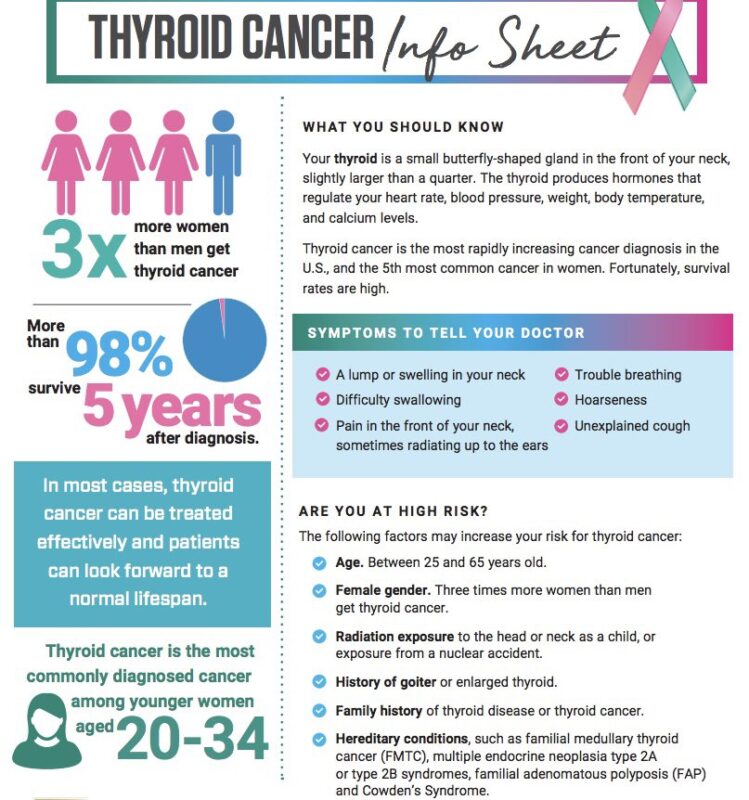Shahrin Ahmed, Medical specialist at Canadian Cancer Society, shared on X:
“The FDA has approved Selpercatinib for treating RET-linked thyroid cancer
On June 12, 2024, the FDA fully approved selpercatinib (Retevmo) as a targeted therapy. Adult and pediatric patients aged 2 years and older with advanced or metastatic thyroid cancers that have specific modifications to a gene called RET are treated with this treatment.
Compared to older drugs approved for this indication, Selpercatinib has shown benefits when treating RET-mutant medullary thyroid cancer.
In 2020, Selpercatinib was granted accelerated approval by the FDA to treat RET-related lung cancer and thyroid cancers in patients aged 12 and over.
Targeted therapies like selpercatinib are not necessary for all patients with thyroid cancer. Early detection of these tumors can often result in successful treatment with surgery to remove part or all of the thyroid gland, radioactive iodine therapy, or a combination of both. Active surveillance, which involves careful monitoring of cancer through scans and other tests, may not be necessary for some patients.
RET fusions are a component of some thyroid cancers. The RET gene is rearranged and bonded to another gene as a result of these changes. This can result in cells growing out of control and leading to cancer.
Approximately 10% of thyroid tumors that originate in follicular cells are found to have RET fusions. One of the most aggressive and difficult to treat forms of the disease is anaplastic thyroid cancer.
The RET gene is mutated in a different way for another type of thyroid tumor, known as medullary cancer. Instead of fusion, it has a mutation, or modification of the gene’s sequence. Medullary thyroid cancers have a higher incidence of RET mutations.
Medullary thyroid cancer is an uncommon and aggressive disease. It often occurs in families because RET mutations can be inherited and passed down from parent to child. The RET mutation is present in all people who have an inherited form of the disease. .
Selpercatinib is a vital treatment option for cancers associated with the RET gene in advanced thyroid cancers or those that come back after treatment.”

Source: Shahrin Ahmed/X


